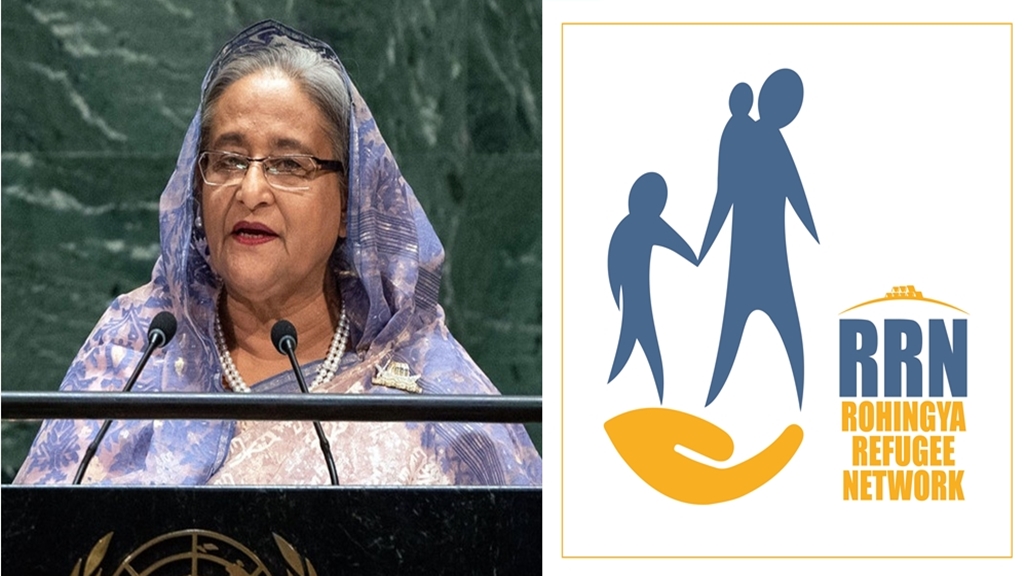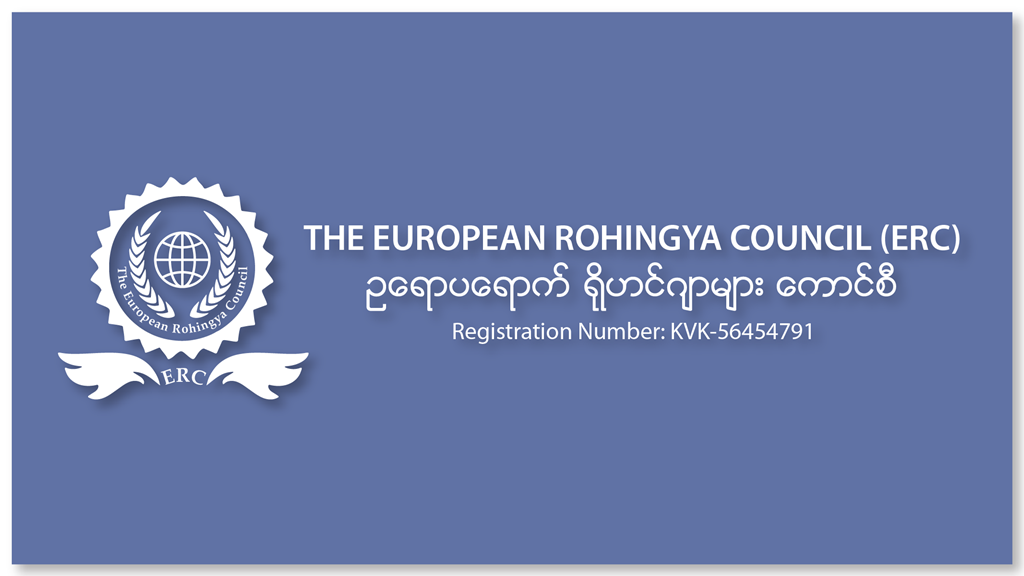
Bangladesh: Rohingya Refugee Network welcomes UNGA outcome and urges to stop direct violence in the camps
- 28/09/2019
- 0
(Cox’s Bazar, Bangladesh, September 26, 2019 — Rohingya Refugee Network (RNN) expresses its deepest appreciation to Sheikh Hasina, the Prime Minister of Bangladesh, for putting emphasis on a long-term solution to the protracted Rohingya crisis and for presenting a four-point proposal at the 74th United Nations General Assembly (UNGA) event on September 24 which was organized by the Permanent Mission of Bangladesh to the UN and the Organization of Islamic Cooperation (OIC) Secretariat.
RRN would like to thank Malaysian Prime Minister Mahathir Mohamad for calling on the international community to urgently resolve the Rohingya crisis at the session.
RRN also appreciates the support of the U.S. House of Representatives for overwhelmingly passing (394 to 21) the BURMA Act of 2019 (H.R. 3190), which would impose tough sanctions on Burma’s military. They also announced more than $127 million in additional humanitarian assistance for the Rohingya, including the more than 900,000 refugees in Bangladesh.
Hasina’s four-points are:
- Myanmar must express clear political will manifested by concrete actions for Myanmar’s political willingness for sustainable return and reintegration of Rohingya
- Myanmar must build trust among the Rohingyas by discarding discriminatory laws and practices and allowing “go and see” visits to the Northern Rakhine by the Rohingya representatives
- They must guarantee the security and safety of the Rohingyas, among others, by deploying civilian monitors from the international community in the Rakhine state
- And the international community must ensure that the root causes of the Rohingya problem are addressed and atrocity crimes committed against the Rohingyas are accounted for.
The OIC initiative to take the issue to International Court of Justice (ICJ) is indeed a significant step towards that direction.
Hasina also mentioned the congestion problem in the camps needs to be addressed and to facilitate humanitarian services to the displaced Rohingyas, the government is developing Bhasan Char Island.
“In Bhasan Char, the Rohingyas will be provided with a better housing facility and also livelihood opportunities till they return to Myanmar.”
Bhashan Char island is hundreds of kilometers away from where most Rohingya refugees have located near Cox’s Bazar, in the south of Bangladesh. The Island is off the coast of Bangladesh in the Bay of Bengal and a flat and featureless island (that) did not exist 20 years ago. Formed by sediment at the mouth of Bangladesh’s Meghna River, it emerged from the sea as one of a myriad of shifting, unstable islands, or “chars.”
RRN is deeply troubled by the plan to relocate Rohingyas again, this time to a flood-prone island, as is the humanitarian community and Rohingyas themselves. Bangladesh should reconsider their plan.
RRN believes the government of Bangladesh will not force any Rohingya to go back because Myanmar continues to refuse to recognize Rohingya as citizens and the government denies the existence of an indigenous Rohingya identity.
Repatriation cannot occur when conditions are still so violent and dire. The Myanmar government must address the fundamental issues of citizenship and equal rights and ensure that all communities in Rakhine State are able to live in peace.
“We don’t want to be a burden on Bangladesh, and we don’t have any intention of harming any local people who have given us shelter to save our life from genocide. We are ready to willingly return to our homeland if the Myanmar government will guarantee our safety and ensure our right to citizenship,” said a refugee from the camp in Bangladesh.
The problems of the camps are multi-faceted, the prevention of requires a multi-pronged approach, such as alternative income generating activities, education and access to livelihoods.
The lack of access to formal education, human trafficking, mass killing, arbitrary arrest, gang rape of the Rohingya women and girls in Bangladesh have made the future Rohingya refugees bleaker. Recently, a Rohingya refugee minor girl felt prey to sexual assault of Bangladeshi army members is disheartening.
The inability to work legally are sources of frustration and desperation for Rohingya refugees, many of them having lived there for their entire lives, and for some, more than one generation. RRN calls for the Bangladesh government to provide formal education and access to livelihoods in the camps and stop violence that come directly from the authorities and locals.
RRN acknowledges and appreciates the government of Bangladesh for giving the Rohingya refugees shelter and saving their lives, but the fundamental human rights of refugees should not be infringed upon in the name of safety and security.
For more information, please contact:
E-mail: rohingyanetwork@gmail.com
Click here for Social Connection
Twitter & Facebook






